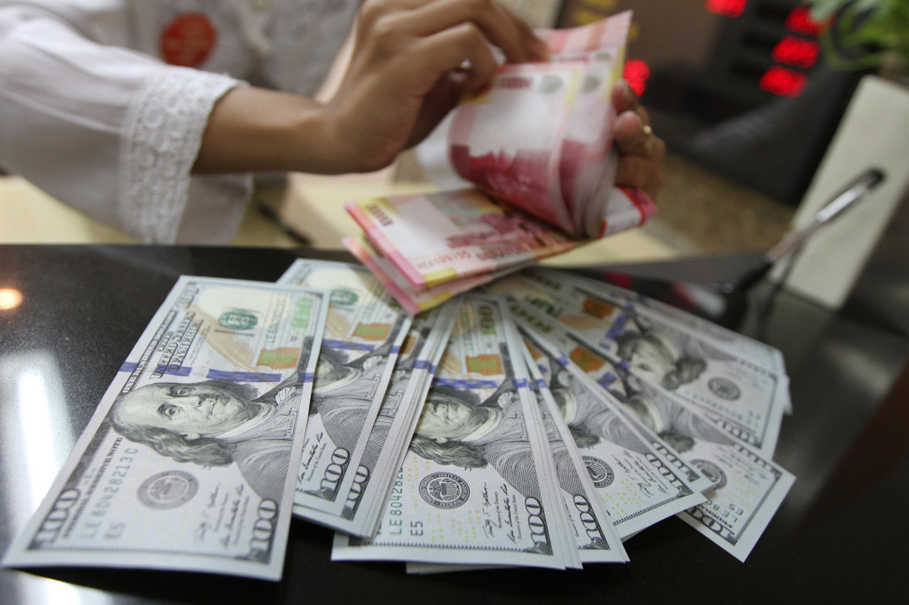
U.S. sanctions and China’s new anti-sanctions law are creating internal compliance mayhem for international banks – and Swiss finance.
The average compliance officer is facing a world of hurt right now. President Joe Biden’s executive order earlier this month drastically expanded the scope and range of prohibitions against Chinese companies and sovereign-owned entities, and it was met a week later by China’s new anti-sanctions law.
Although conventional wisdom seems to point towards technological decoupling and irreconcilable compliance problems, the immediate truth is probably a starker, simpler one.
The average bank or international company in Asia has probably spent the last couple of weeks shadow boxing itself into an unenviable corner. There are likely to be any number of incredibly angry emails going around and quickly convened meetings that decide nothing much. They are then immediately forgotten until the next unsolvable quandary pops up.
What usually happens is that the combined compliance and risk apparatus, including the legal function, are caught fighting a desperate rear-guard action while still trying to grapple with doing the right thing. So, they call in external legal counsel.
And law firms have been more than glad to provide. Although they are simply saying what a senior compliance person should be able to verbalize at management or committee meetings, they at least provide a lead-in, a buffer, in front of an irate front-line and management demanding clear and instant answers when there are none.
It always seems to sound nicer when you schedule a conference call with external parties or, failing that, you can at least point towards or wave a fresh color printout – kind of like Chamberlain after Munich.
After canvassing the web for literally five minutes with one search engine, a few opinions stand out for the average compliance person to choose from. Law firm Wilmer Hale goes pretty far out on a limb, saying the anti-sanctions law «creates far-reaching potential risks including the extraterritorial scope and a seemingly unbounded catchall provision.»
They should probably only be used in extremis, although the firm did say it was «prepared to advise clients on how to comply with sanctions regimes in a way that makes sense for their business and to assist as needed in assessing the business implications of the ASL».
Law firm Mayer Brown was more moderated, saying the law «further expands the risks for both Chinese and non-Chinese companies and individuals who have operations or dealings in or with China, particularly those who may be subject to conflicting legal obligations».
Linklaters was much more subdued, saying «with these measures the PRC intends to counter attempts to influence its affairs by foreign governments via sanctions or other measures» before adding that clients should reach out to their usual contacts if they want to discuss it in more detail. All three are good choices to pad out any internal meeting even though they might not sway a decision in the direction intended.
If all else fails, and the decision goes completely the wrong way, blame the screening team for everything.
After all, they are the messenger and they always deserve to get shot.